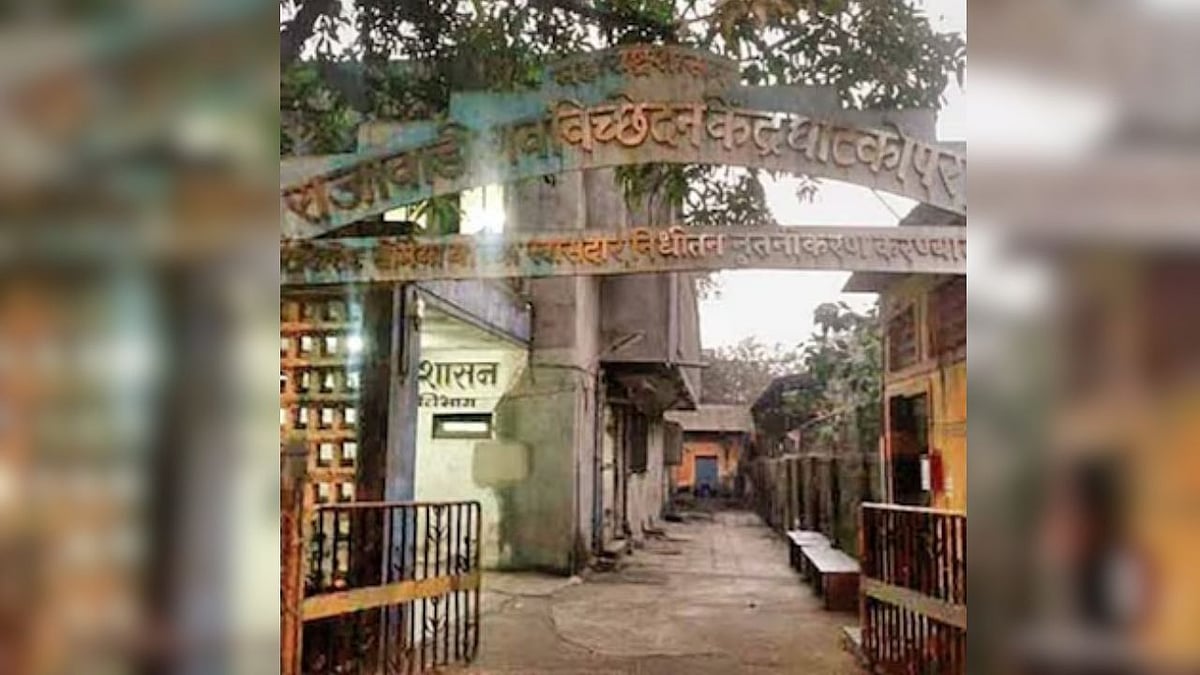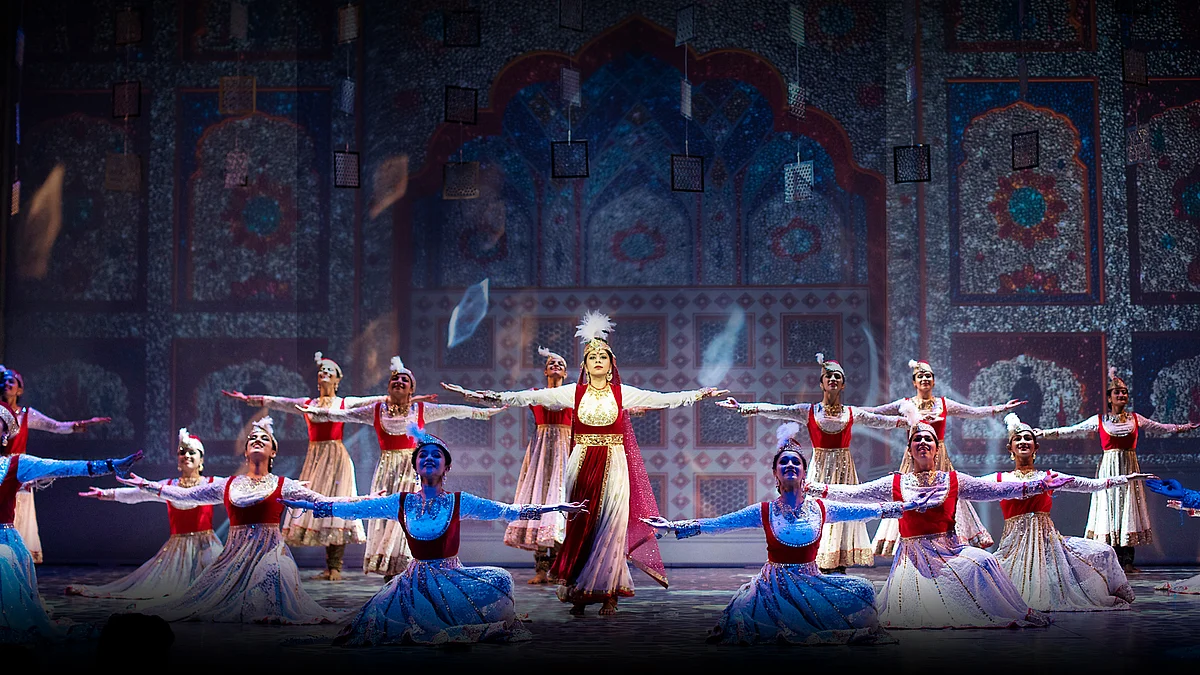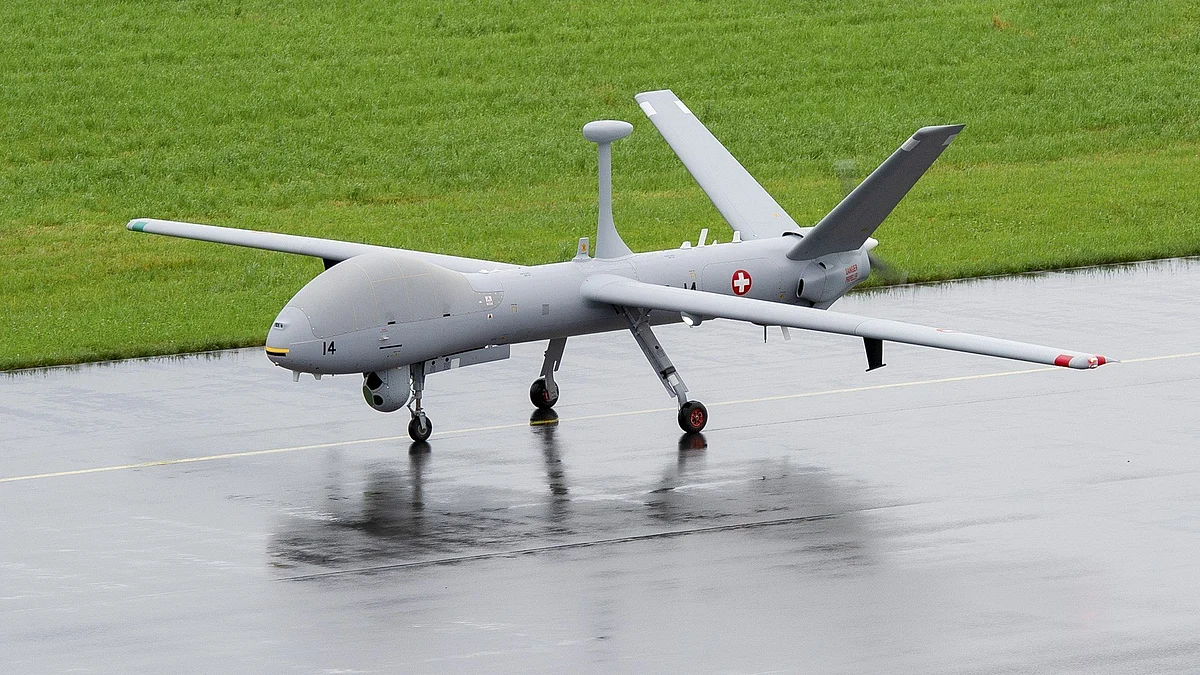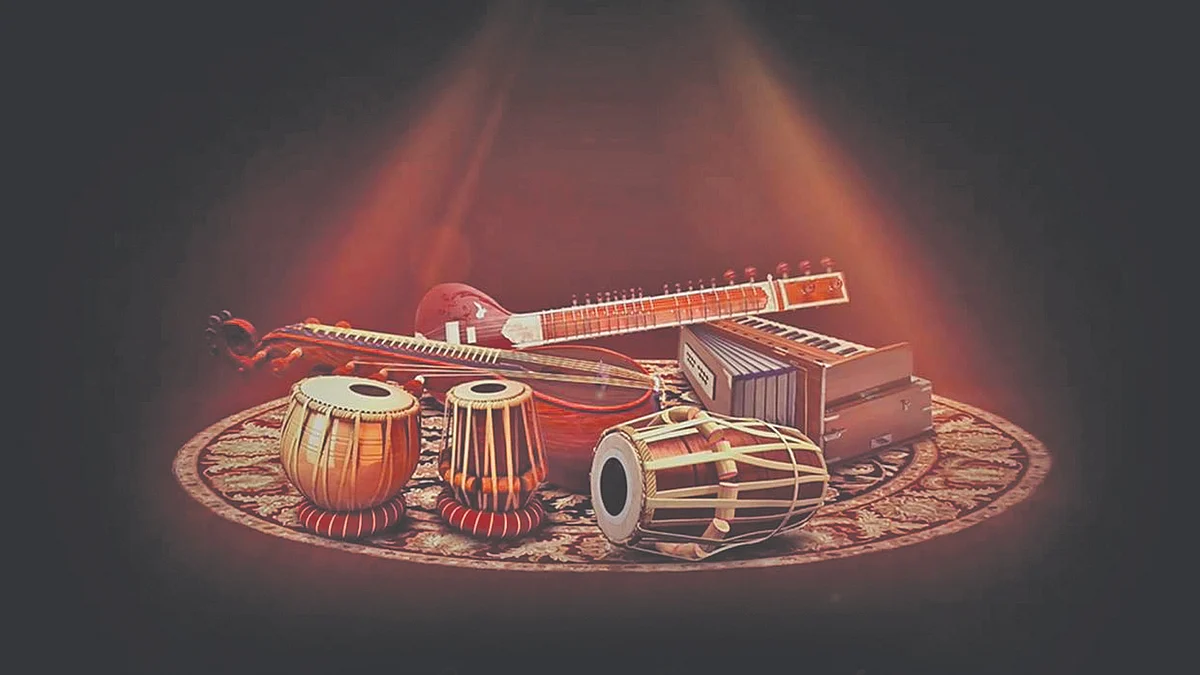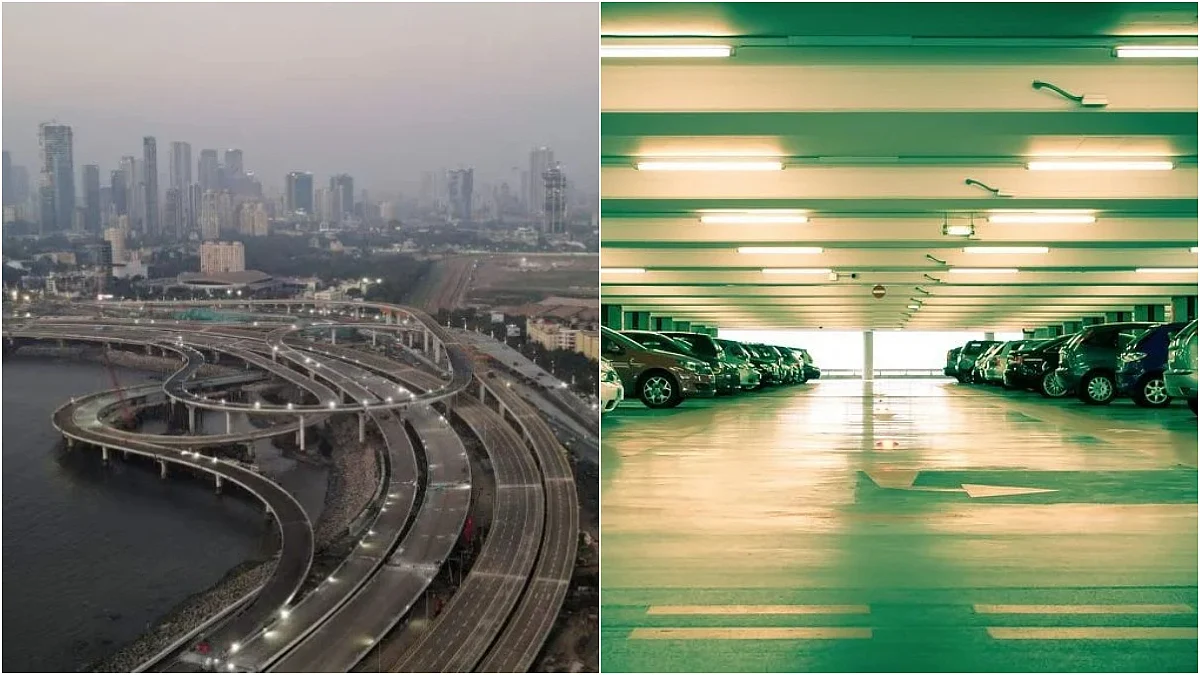Mumbai: Doctors at Rajawadi Hospital in Ghatkopar frequently face incidents of assault, many of which go unreported. Often, families of deceased patients are too overwhelmed with grief or lack the resources to pursue legal action.
One such incident came to light last year when a 27-year-old resident doctor was allegedly attacked by a relative of a deceased patient. An FIR was registered, but such cases are far from rare. Violence against healthcare workers, especially during night shifts, has become distressingly common.
A resident doctor at the hospital revealed, “These confrontations have been happening for years. Unfortunately, most of the staff have become used to them,” adding, “Such incidents instill fear among doctors and disturb the hospital environment, affecting the care of other patients.”
Social activist Prakash Wani, a member of Shiv Arogya Sena (UBT), stated that hospital staff often reach out to him in tense situations. “I’ve had to visit the hospital at night several times to defuse conflicts. Rajawadi urgently needs stronger security arrangements,” he said. “Most patients come from slum areas and are often not fully aware of medical complications. In their frustration, they sometimes resort to violence.”
The hospital administration, including the medical superintendent, has recognised the issue. “This has been happening for a long time,” an official acknowledged. “But increasing security alone won’t solve it. Visitors must also change their mindset.”
Verbal abuse and physical confrontations are particularly common in high-pressure sections of the hospital, such as the trauma ward, ICU, and OPD registration counters. Long waiting hours, unexpected deaths, and treatment delays often heighten anxiety and lead to aggression from patients’ relatives.
Overcrowding During Registration - A Major Issue At Rajawadi Hospital
Rajawadi Hospital serves as a crucial healthcare centre for residents in Mumbai’s eastern suburbs, with its Out-Patient Department (OPD) witnessing a daily influx of 2,500 to 3,000 patients. Registration starts at 8 a.m., but the hospital grapples with severe overcrowding during this process. Although plans for redevelopment and expansion are in progress, hospital authorities have acknowledged that completing the new building will take a minimum of five years, assuming everything goes smoothly.
The overcrowding often leads to significant delays and rising frustration among patients. Noor Khatoon, a resident of Kurla who came for her husband’s treatment, shared her experience: it took nearly three hours just for registration and consultation, and another two hours to get medicines. “I came in the morning and only left by 3 p.m.,” she said, highlighting the long wait at the pharmacy.
